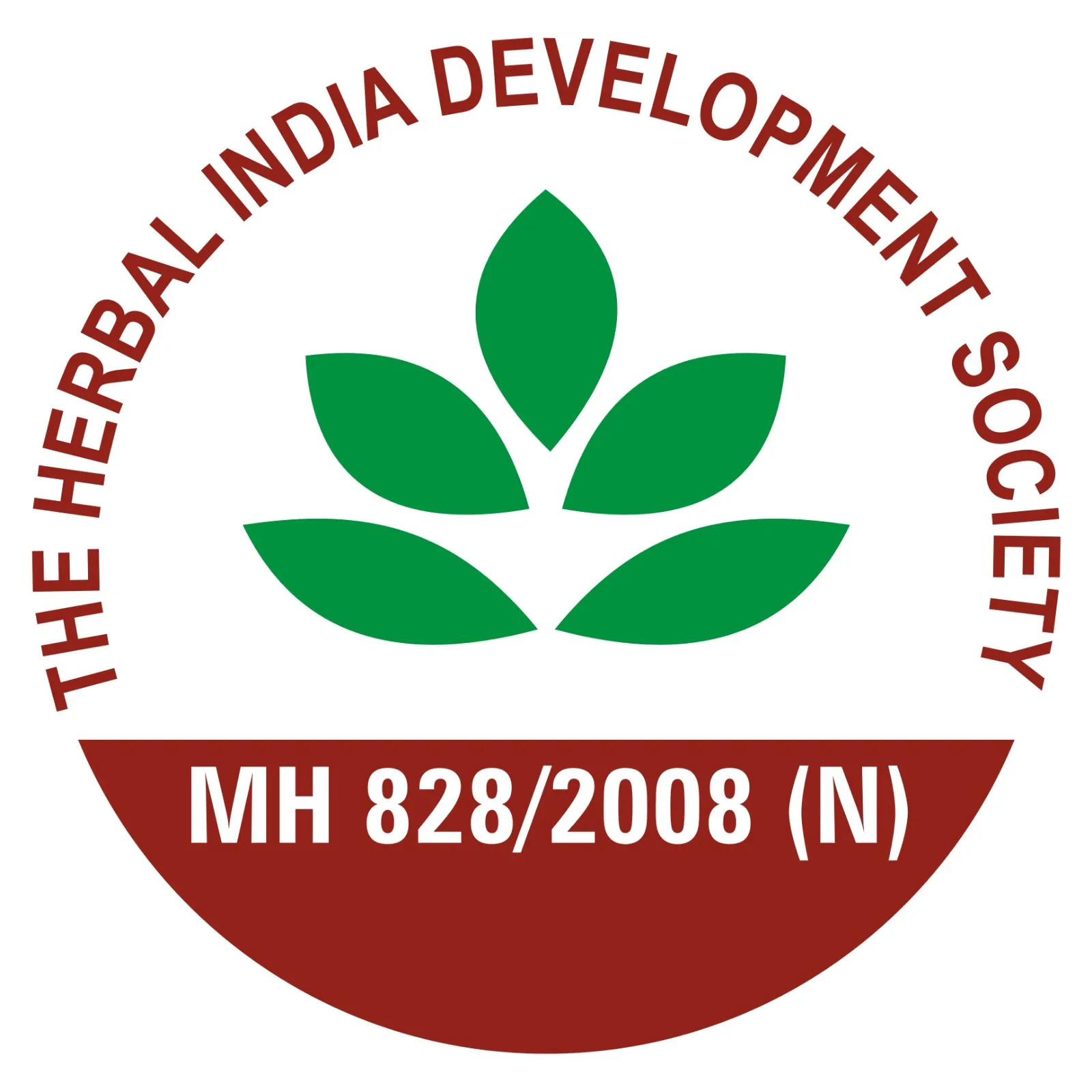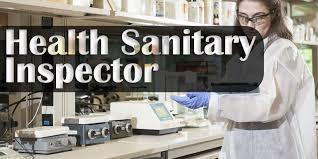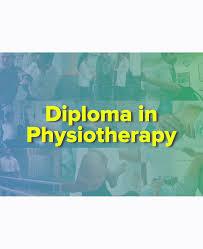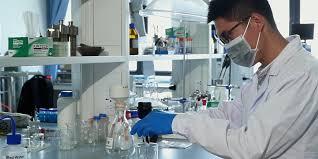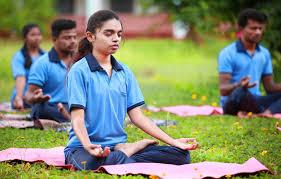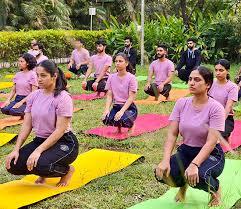An M.A. (Master of Arts) in Yoga is a two-year postgraduate degree that focuses on the fundamentals of human consciousness and yogic science. The program blends ancient wisdom with modern scientific knowledge and teaching skills, aiming to build physical, mental, and spiritual discipline in students. It explores traditional yoga texts like the Patanjali Yoga Sutra and Hatha Pradipika, and also covers scientific yoga research and therapeutic approaches. Key Aspects of an M.A. in Yoga: Program Duration: Two years, typically divided into four semesters. Focus: Combines the philosophy, principles, and practices of yoga with related sciences like Ayurveda, Naturopathy, and Psychology. Curriculum: Includes subjects like yoga texts, hatha yogic practices, and research methodologies. Career Prospects: Graduates can pursue careers in therapy, teaching, research, and wellness coaching. Eligibility: Generally requires a bachelor's degree in any stream
Send Message